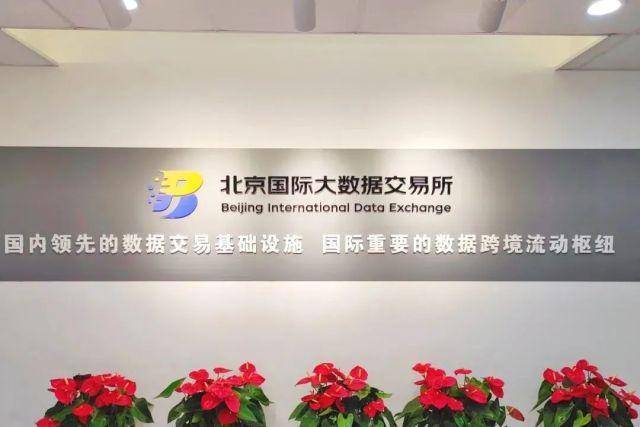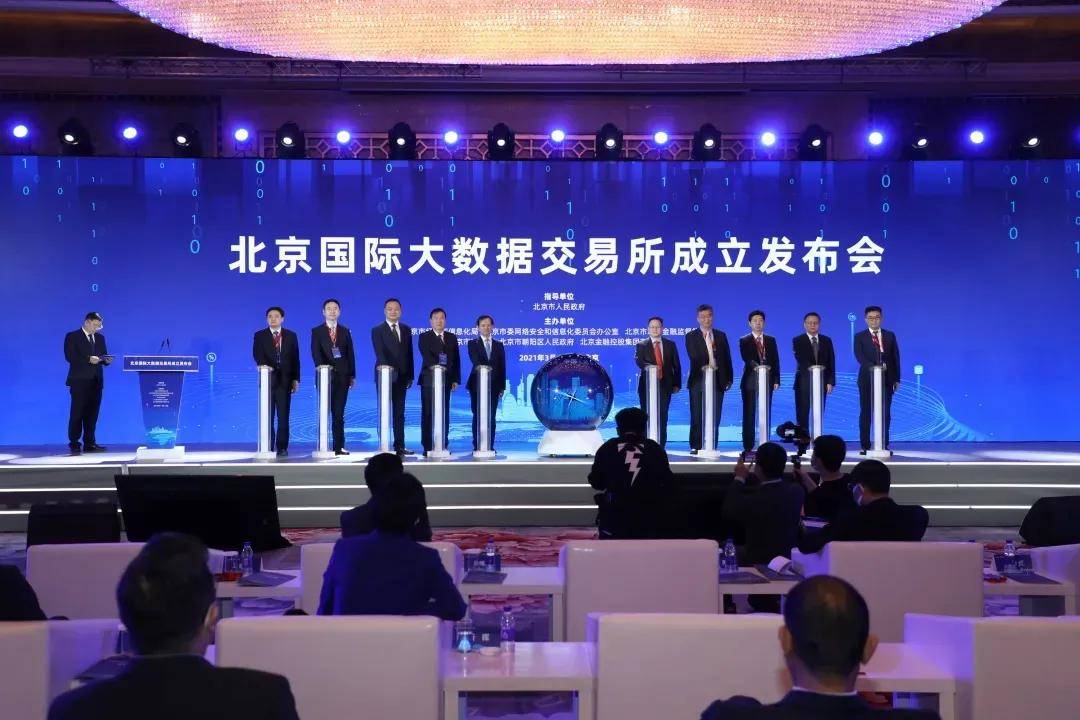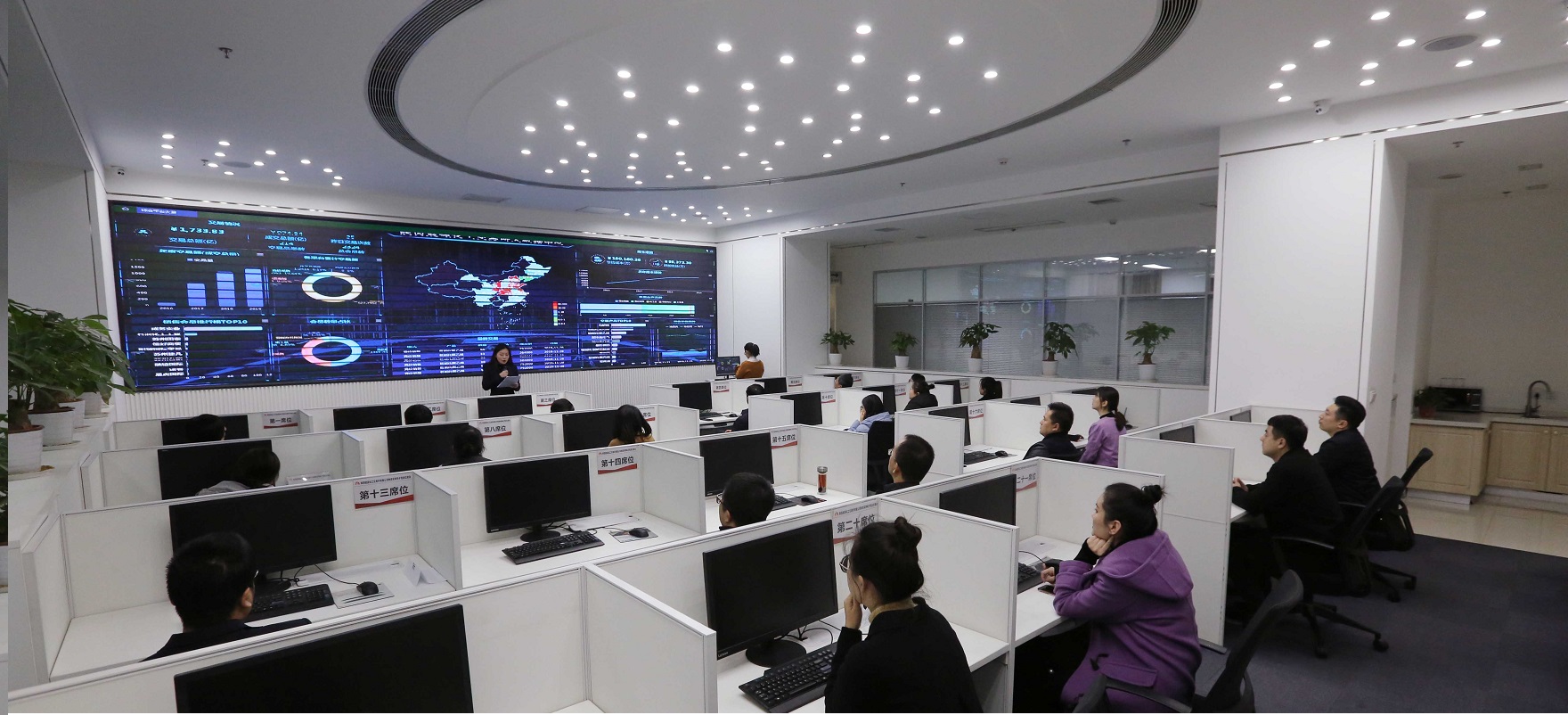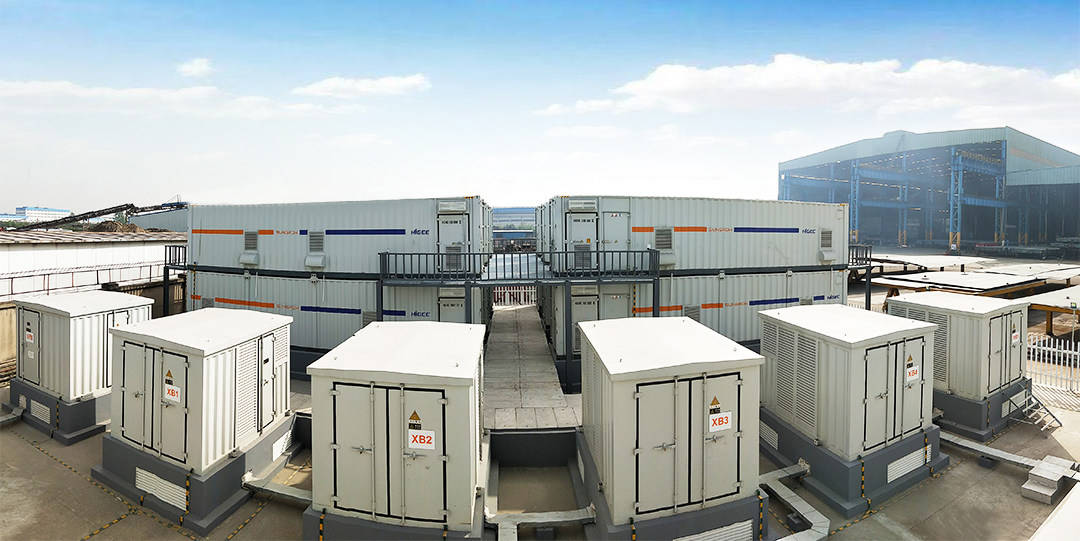【Metaverse News】Beijing International Big Data Exchange

1、 Basic Introduction
In March 2021, the Beijing International Big Data Exchange was established and the Beijing Data Trading System was launched. Beijing Data Exchange is a benchmark key project implementing the construction of the "National Service Industry Expansion and Opening up Comprehensive Demonstration Zone" and the "China (Beijing) Free Trade Pilot Zone" in Beijing. It is the first data exchange in China based on the new trading paradigm of "data is available but not visible, and the purpose is controllable and computable". It is positioned to create a leading data trading infrastructure in China and an internationally important cross-border data trading hub, assisting Beijing in data circulation Playing an innovative and leading role in fields such as digital trade and data cross-border, becoming a benchmark city for the global digital economy.
2、 Specific products and services
(1) Data classification
The data of Beishu Institute includes public data, industry data, scientific research data, and social data. The product types are divided into four categories and eight subcategories: data services, data APIs, data packages, and data reports, covering 20 industry fields such as electricity, manufacturing, construction, transportation, catering, and information technology services. Although the page has set up 8 types of data products and 20 industry sectors, in reality, the 133 data products launched only involve data APIs, data reports, and data applications, mainly covering the fields of information transmission, software and information technology services, scientific research and technology services. From the perspective of industry sectors, there are 36 data products, indicating that there are still 97 data products that have not been classified into specific industry sectors. From this perspective, The division of data products is not very rigorous, complete, and comprehensive.
(2) Product Details
The data product page allows you to view industry sectors, product types, delivery methods, pricing models, usage restrictions, and more. Among them, the delivery method is basically "platform diplomatic payment"; Prices are often negotiated in person; Data items, usage restrictions, user guides, and immediate purchases all require logging into the 'Data Trading Platform'. Data products can be shared, and users can submit demand information after scanning the QR code. At present, the contact information on the official website is only email.
(3) Data trading platform
According to the account opening agreement, user rights protection service terms, and anti commercial bribery agreement of the North Data Exchange trading platform, users of the data trading platform include enterprises and individuals, who can conduct product publishing, online sales, and product ordering. The opening of accounts, merchant settlement, and transaction management by the supplier must be carried out through the "Supplier Online Account Opening System", "Supplier Online Settlement System", and "Supplier Background Management System", respectively. At the same time, clear regulations have been made on the qualification requirements of the supplier, the rights and obligations of both parties, settlement methods, confidentiality obligations, and anti commercial bribery. All platform users are required to comply with relevant laws, regulations, and institutional provisions. The platform will serve as a third party to supervise the performance of the supplier. For the supplier's "specific merchants", the Beijing Institute of Statistics will focus on services related to user rights protection. Why is the platform's diplomatic payment method still used for data product transactions, since Beishuo has built a data trading platform?

3、 Rulemaking
At present, there are only three documents in the information disclosure column, all published in 2022, which cover basic company information such as corporate governance and management structure, industrial and commercial registration, and the company's proactive disclosure of information directory. Set up a separate "Trading Guide" column, which requires logging into the "Data Trading Platform" to view.
4、 Ecological openness
In March 2021, the Beijing International Data Trading Alliance was officially established. Currently, the members of the alliance include more than 60 units, including state-owned enterprises, financial institutions, internet enterprises, technology companies, research institutes, data trading service institutions, social organizations, multinational corporations, etc. The types include data base enterprises, technology enterprises, third-party service enterprises (law firms, securities companies, insurance companies), etc. Users can download the transaction alliance member application form on their own, categorizing it by data provider, demander, service provider, third-party authentication, and others.
5、 Digital assets
The Beijing Institute of Science and Technology has established a "Beijing Institute of Science and Technology Digital Asset Registration Platform". Digital assets are divided into six categories: digital cultural and creative, digital publishing, digital souvenirs, cultural and museum derivatives, digital rights, and digital marketing. The distribution platform includes six platforms, including the Digital Platform, the Rainbow Universe, and the Qiyuan Spacetime. Among them, there are no specific digital assets for cultural and museum derivatives, digital marketing, and Honguniverse has not issued any products. The digital asset details page can view information such as category, status, issuance date, issuance quantity, issuance price, registration number, registration certificate, user rights, etc. All digital assets are linked. The transaction link was not found on the digital asset registration platform.
Compared to the Hangzhou Stock Exchange and Shenzhen Stock Exchange, the Beijing Stock Exchange has added a digital equity section, with the main product being the "Yangcheng Lake Digital Traceability Crab Card". According to this logic, various types of consumer vouchers, exchange vouchers, electronic shopping cards and other electronic forms of product usage vouchers can become digital assets and be launched on trading platforms? According to the general definition of digital assets, "digital assets refer to non monetary assets owned or controlled by enterprises or individuals in the form of electronic data, held for sale in daily activities or in the production process." There is no doubt that various types of electronic products can be used as digital assets, but I believe it is open to discussion whether it is appropriate to trade them as digital assets on exchanges. Because compared to other digital assets, this type of electronic commodity has more intermediate links and involves more complex enterprises, and the exchange or supplier cannot guarantee the offline exchange of the commodity's use of vouchers. For example, in daily life, crab cards often fail to be redeemed. Therefore, various disputes, complaints, and other events caused by this are unfavorable for the exchange or supplier. Based on this, for cautious consideration, it is not recommended for exchanges to use electronic commodity coupons as digital assets online on trading platforms.

 中文
中文
 English
English




